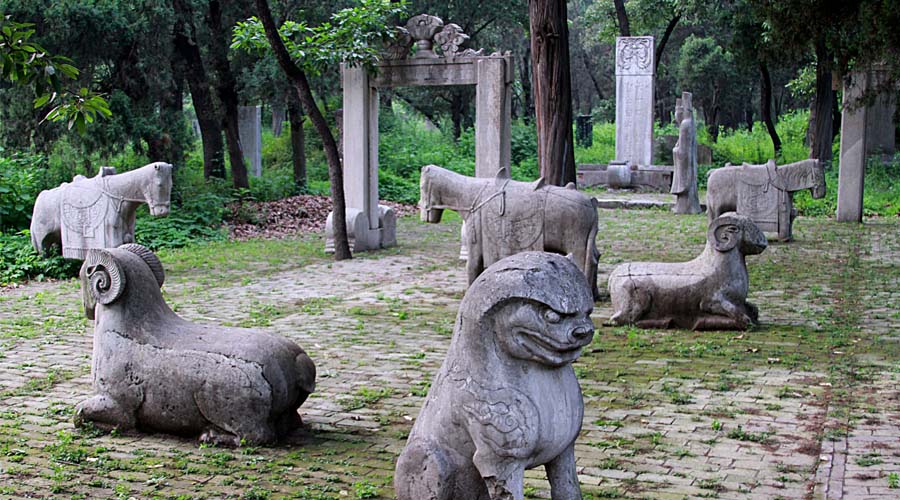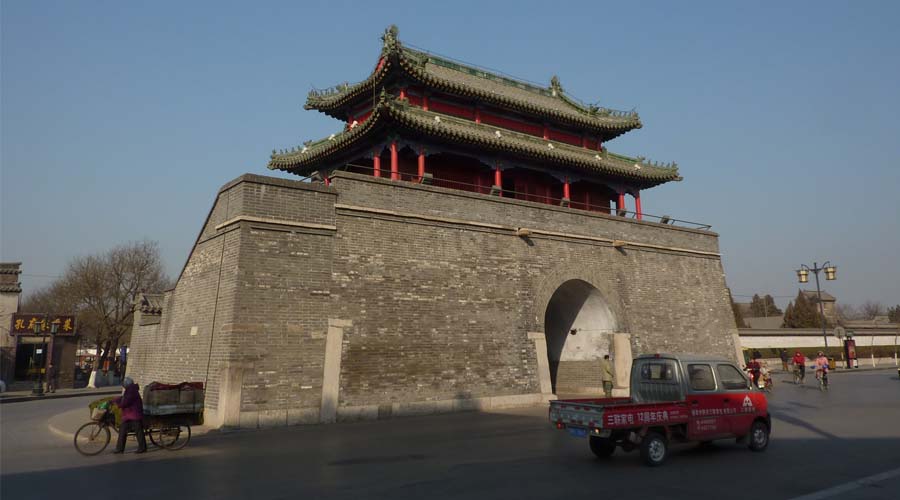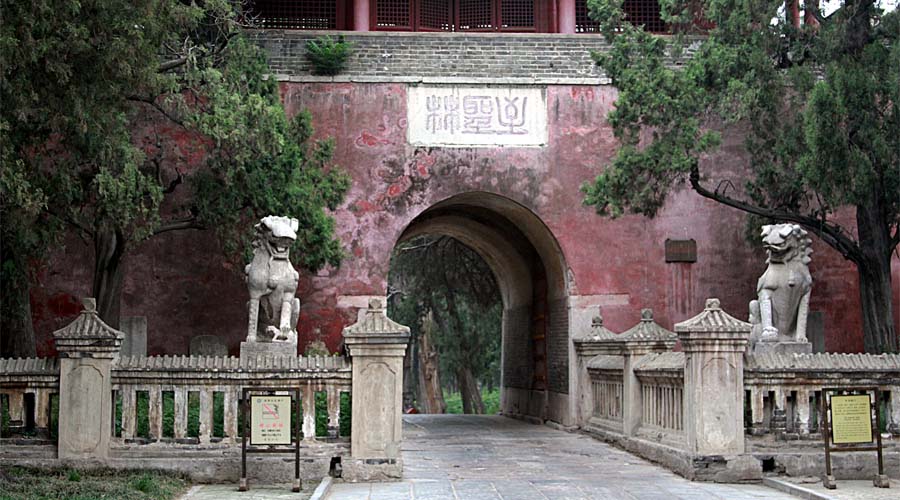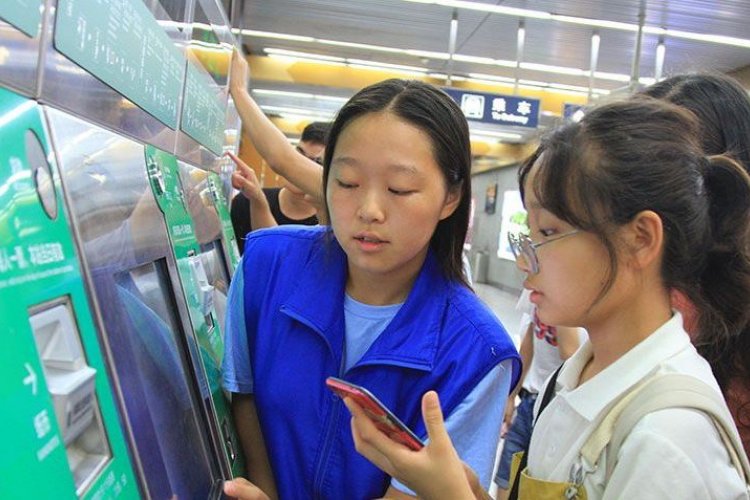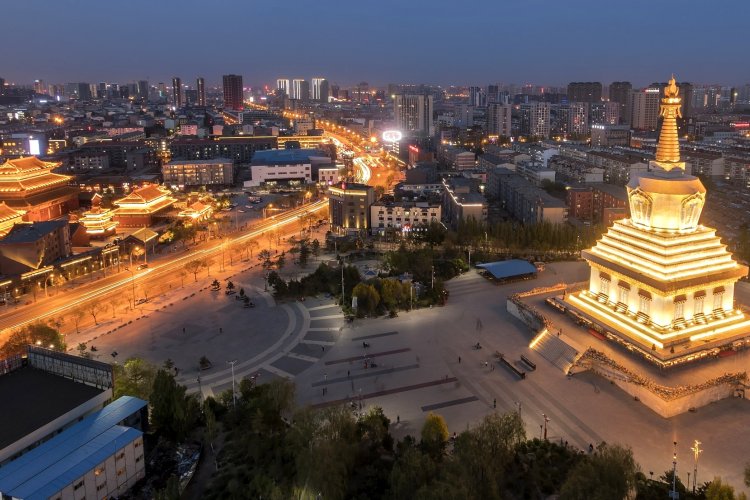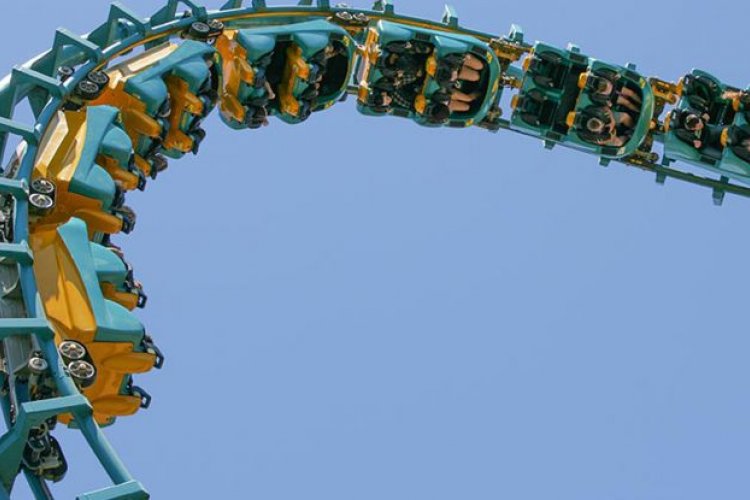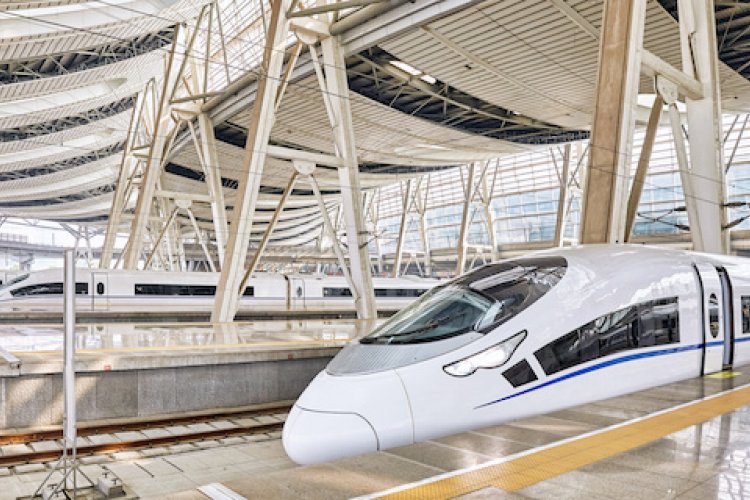Confucius died long ago, today's Chinese society have embraced Uncle's Sam Capitalism and culture, too bad people sucumb to money rather than values, shame on you Chinese people.
Talking Travel: Qufu – Where Confucius Lives On
Imagine Beijing's top imperial sites, but without the tourist throngs. In the offseason, you can almost have some sites entirely to yourself, a lone visitor in a centuries-old temple – a shrine to education and filial piety that was a pilgrimage site for China's emperors.
Once an overnight, nine-hour train ride from Beijing, the birthplace of Kong Fu Zi, or Confucius as we know him, Qufu in central Shandong province is now a two-hour blaze from the capital on high-speed rail. There's no airport nearby (the Kong family, Confucius' descendants, have seen to that), so riding the rails is the way to go.
SEE
Qufu is a walled city first settled about 2,500 years ago. Part of that city wall has been restored, and walking along it, alongside the river is a good place for a scene-setting start to your visit. As can be imagined, many of the attractions in Qufu relate to Confucius. Primary among them is the Kong Miao, the Confucius Temple. Beijingers will notice its similarity to the Confucius Temple near Yonghegong, except that this one is much larger, and is the biggest such shrine to the Master anywhere in the world. Named a UNESCO World Heritage site and built on the site of his former home, it has been destroyed, rebuilt, and expanded over the years to its current form. Its resemblance to the Forbidden City is not coincidental; the temple was renovated by Ming Dynasty emperors after the completion of their Beijing palace complex, using some of the same designers, and wishing to give Confucius similar honor to themselves.
The Confucius Forest enshrouds the Cemetery of Confucius, where he and many of his family members are buried. It's a pleasant area if you don't mind passing gravestones during a nature walk.
STAY
Shangri-La now operates the Shangri-La Hotel Qufu, overlooking the Yi River, and offering first-class accommodation. The hotel features a spa and both local and Cantonese cuisine for those looking for a bit more out of their Qufu visit than just Confucius. Rooms start at RMB 600 per night. At the opposite end of the spectrum is the Qufu International Youth Hostel, pleasant and near the center of town. Beds can be had for as little as RMB 45 (rooms for RMB 118) per night.
NEARBY
Tai'an, home to Tai Shan, one of China's holiest mountains (certainly its most climbed), is about an hour away by train or car. The mountain's 6,000 steps can be climbed in half a day, and there's a cable car that can assist in either direction.
This article first appeared in the September issue of the Beijinger.
Photos: Wikimedia

